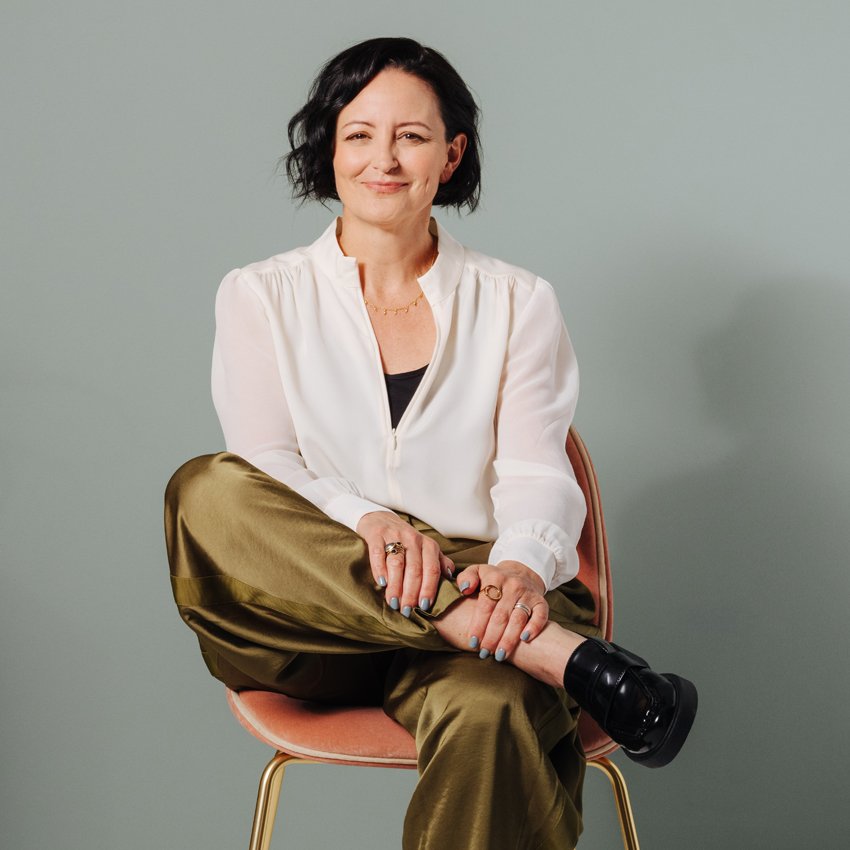Is it Time to Burn the Desks?
Photography by Antoni Shkraba via Pexels
Never before have we workspace designers needed a crystal ball quite as much as now. Business owners are looking to us for the answers and the responsibility feels REAL.
The workspace revolution is underway, but the journey and the destination remain utterly unpredictable.
Is Hybrid working just a 'stepping stone' to something else.....?
How many desks should we be burning?
Will July 19th in the UK really see a surge of millions returning to their offices, the prets and other inner-city cafes and businesses whose survival remains on a knife edge?
If you’re a business owner / leader with an office space I’ll hazard a guess that something close to one of the following rings true:
> We are setting compulsory number of days in the office across the week/month to allow for curated collaboration and connection. (KPMG have just offered their workers a four-day fortnight, with four days in the office on days of their choosing)
> We have been debating what to do for 12 months and still have no conclusions but scenarios starting to form
> We don't know where to begin so currently there’s been no changes to the office space we are currently working from home apart from those who cannot do so efficiently. We are working on what comes next.
> We have changed and U-turned multiple times and decided to leave RTO down to the individual until January 2022.
> We’ve regularly surveyed, reviewed and communicated concluding that we will have a smaller base HQ and localised coworking options.
> We have given up our office, we will remain remote and utilising coworkers passes for the time being to ride out the wave of unpredictability (Last week WeWork recorded their best desk rentals since September 2019).
> We are going to enforce a 3 day in office policy (as per the recent unpopular Apple mandate )
Alongside the evolving conversation around future workplace rhythms is of course an evolution of what people want from work, employers and organisations. 18 months into the global pandemic and people have reassessed what is important to them.
What is clear is that the talent pool are on the move, looking for job opportunities that offer first and foremost flexibility and leaders who trust them.
Photography by Anastasia Shuraeva via Pexels
In the letter to CEO Tim Cook from Apple employees they wrote:
“Many of us feel we have to choose between either a combination of our families, our well-being, and being empowered to do our best work, or being a part of Apple,”
Is flexible working without choice really flexible?
As Bruce Daislwy recently put it ‘the success of hybrid is about letting go’
The sense of collective uncertainty around what type of Hybridity (or Rigidity) to offer may well be disconcerting but is also an immense opportunity for experimentation, innovation and reframing what all the possibilities of our workspaces are.
Even the word ‘office’ feels representative of a place from the past; rows of desks, boxy meeting rooms… who would leave the comfort and convenience of their homes for that?
The era of flexibility is upon us and the spaces that need to facilitate this must be a destination.
We are already designing them and whilst we’re not burning all the desks they are absolutely no longer the dominant feature of workspace ‘22.
Author: Emma Morley, Founder and Director
Emma founded Trifle* in 2010 after a career in marketing, event design and production. Frustrated by the fact that only advertising agencies had inspiring spaces she had a desire to make good design the norm for all office workers. Emma has worked across well over 150 interior projects during her career at the helm of Trifle*, she remains passionate about making amazing spaces but also making the industry more accessible, more human and more diverse.



